Regional strategy for medical response as part of the disaster management in case of radiation emergency caused by the war in Ukraine
Bucharest, Romania
19 – 21 September 2023
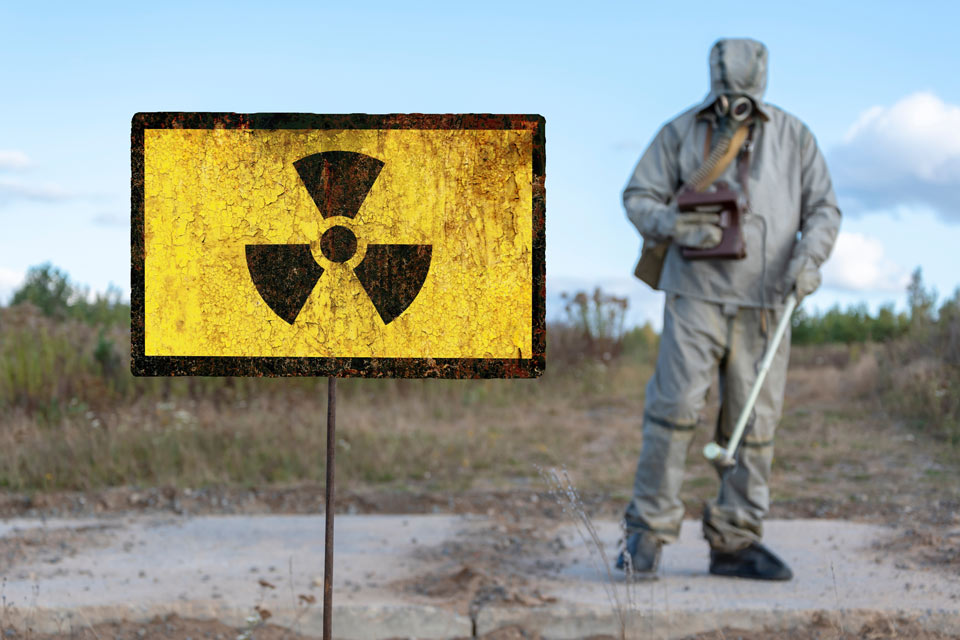
General Information
Russia’s aggression in Ukraine is considered the most serious security crisis in Central and Eastern Europe since the end of the Cold War, with major implications for the regional security environment and NATO.
Moreover, after invading Ukraine, Russian army took control of the Zaporizhzhia nuclear power plant, in early March, 2022. Repeated shelling of the plant, until now only to damage in the non-radioactive elements of the facility, including power lines, has raised the possibility of a radiation accident just 500 km from Chernobyl, the site of the world’s worst nuclear accident.
In this respect, we must underline that each of Ukraine’s operating nuclear power reactors and the high-level radioactive waste stored near them contain massive amounts of hazardous and long-lived radioactive material. Direct attack to their operation, including interruption of the electrical power and water needed for constant cooling of both reactors and spent fuel ponds, would risk fires and explosions that could cause a radiation accident.
Also, a series of civil institutions – such as hospitals, research institutes or factories that legally used radioactive sources, were bombed and devastated, raising legitimate concerns about environmental contamination, theft or mishandling of the radioactive sources.
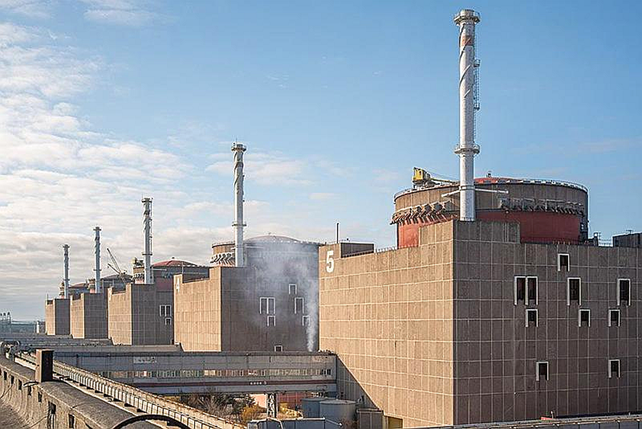
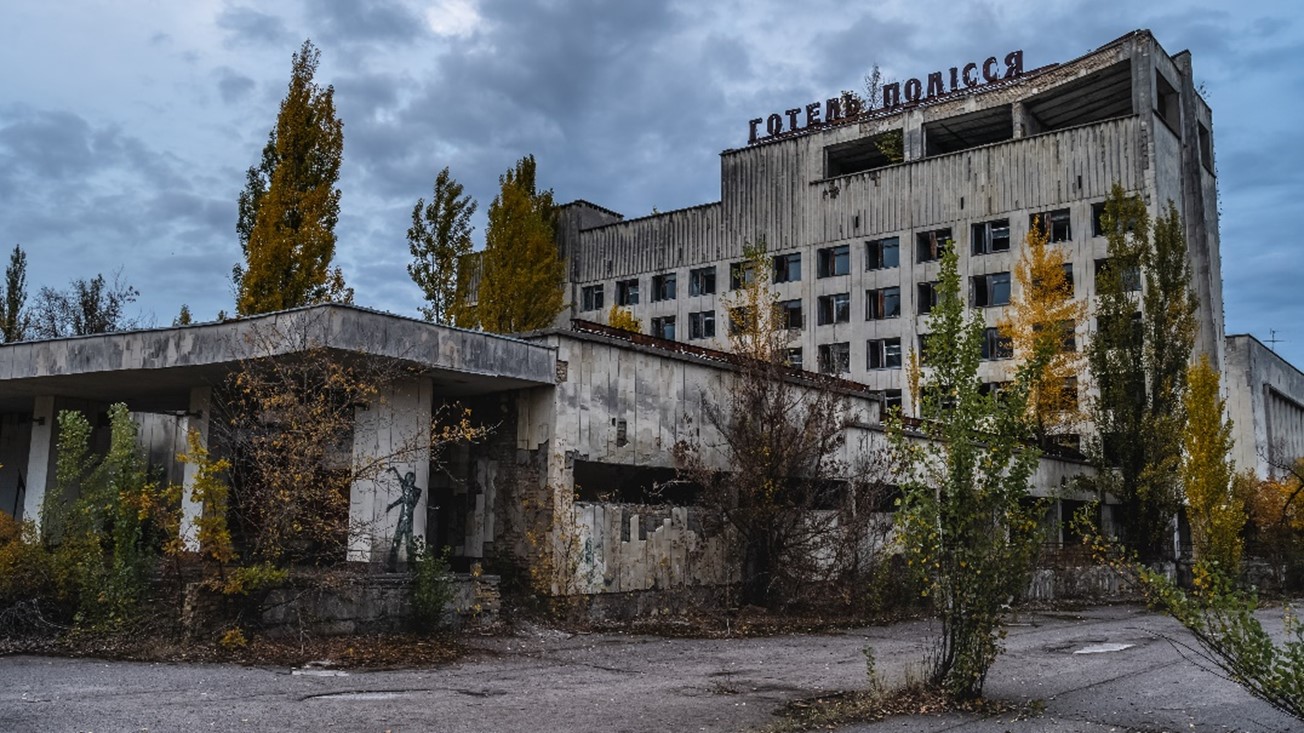
In the case of a major accident, radioactive debris would likely spread to countries surrounding Ukraine and depending on weather patterns, that could include the rest of Europe, possibly even to the Middle East and North Africa.
Following a radiation incident, where people are potentially exposed to external radiation and/or internal contamination involving radioactive materials, timely and effective public health response and medical management are important aspects of the overall incident management, affecting both short-term health outcomes and long-term health consequences from the exposures. Experiences has shown that in many radiation emergencies, the severity and extent of the medical consequences could be restricted by effective general and, in particular, medical response.
The response to a nuclear emergency may involve many national and international organizations. The functions of many of these organizations may be the same for the response to a nuclear or radiological emergency as for the response to a conventional emergency. However, the response to a nuclear or radiological emergency might also involve specialized agencies, hospitals and technical experts. Therefore, in order to be effective, the response to a nuclear or radiological emergency has to be well coordinated, and emergency arrangements have to be appropriately integrated with arrangements for the response to a conventional emergency and with the response measures for a nuclear security event.
Given the above mentioned, this workshop will address a potential radiation incident caused by the war in Ukraine, from an interdisciplinary approach of medical, nuclear safety and security, nuclear research, geostrategic and population’s resilience perspectives. the workshop will also address the key role played by NATO in identifying new solutions for stabilizing the region, while also focusing on the emergency preparedness in order to ensure that adequate capabilities and capacity are in place which can be mobilized in response to a radiation emergency.
Topics and objectives
The main objective of this workshop is to establish a discussion grid, which would enable an in-depth analysis of several likely types of radiation incidents and outcomes and ensure the formulation of conclusions designed to facilitate the sharing of knowledge on the nature of medical preparedness for a radiation emergency. In this regard, the workshop wishes to promote operating experiences and to identify issues, lessons learned and best practices that will be taken into account in the preparedness phase for the development of a regional response strategy.
Also, part of this objective is a better understanding about radiation exposures as a result of various types of incidents (natural or anthropogenic) which represent challenges to the medical community and to public health authorities.
The following topics will be addressed during the workshop:
- radiation risk – regional cooperation on nuclear safety and security
- radiological consequences – radiation monitoring strategy and management of radioactive waste
- medical management – response plans and infrastructure
- challenges on public communication during radiation emergency
Based on result of the workshop, we are expecting to identify the main pillars as basis for development of a regional response strategy in case of regional radiation emergency. The response strategy should cover regional arrangement for preparedness phase, immediate response actions and long term actions and also arrangements for transition to normal life.
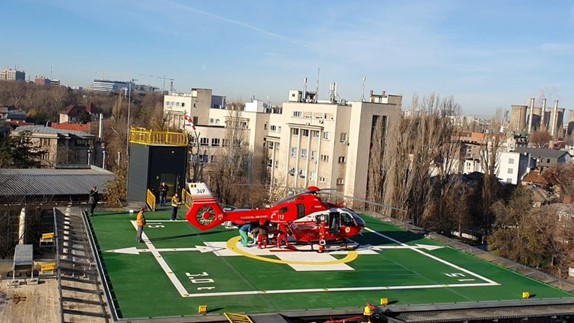
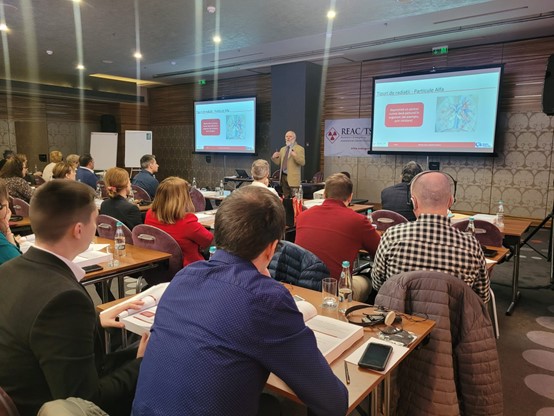

Recent Events:
- Conferințele SUUB 2024 30/01/2025
- Chirurgia Transplantului și Donarea de Organe în România – Dificultăți și Perspective 09/05/2024
- Ultrasonografia in Urgente si Stari Critice 19/11/2023
- Conferinta Aniversara 45 de ani 28/10/2023
- Regional strategy for medical response as part of the disaster management in case of radiation emergency caused by the war in Ukraine 22/08/2023
